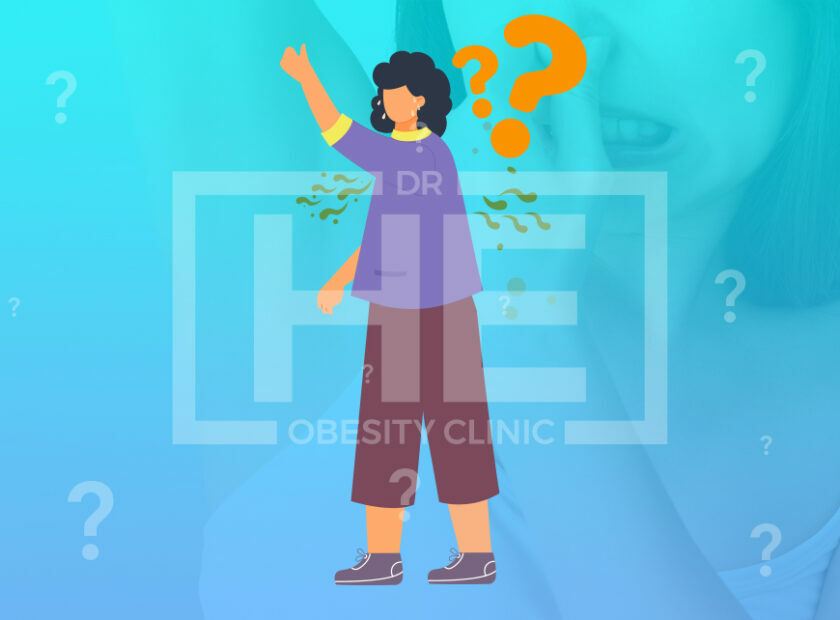Eating Fat After Weight Loss Surgery, Weight loss surgery, such as gastric bypass, sleeve gastrectomy, or duodenal switch, can be a highly effective way to promote weight loss and improve overall health. However, after the procedure, it is important to pay close attention to what you eat and drink, including the types of fat that you consume.
Importance of Fat in the Diet After Weight Loss Surgery
After weight loss surgery, it is important to eat a balanced diet that includes a variety of nutrients, including healthy fats. Fats are an essential part of the diet and provide a source of energy, help absorb certain vitamins and minerals, and play a role in overall health.
Types of Fat in the Diet
There are several different types of fat, which is:
- Saturated Fats
Saturated fats are typically solid at room temperature and are found in animal products, such as dairy and meat. High intake of saturated fats can raise cholesterol levels and increase the risk of heart disease.
- Unsaturated Fats
Unsaturated fats are typically liquid at room temperature and are found in plant-based oils, such as olive or avocado oil. Unsaturated fats are considered to be healthier than saturated fats and can help lower cholesterol levels and reduce the risk of heart disease.
- Trans Fats
Trans fats are created through the process of hydrogenation and are found in processed foods, such as crackers, cookies, and fried foods. Trans fats have been linked to a range of health problems, including heart disease and increased cholesterol levels.
Fat Recommendations After Weight Loss Surgery
After weight loss surgery, it is recommended to consume a diet that is low in saturated and trans fats and high in unsaturated fats. This can help to promote weight loss, improve overall health, and reduce the risk of heart disease and other health problems.
Foods to Avoid After Weight Loss Surgery
To maintain a diet that is low in unhealthy fats, it is important to avoid or limit the following foods:
- Processed Foods
Processed foods, such as crackers, cookies, and fried foods, often contain high levels of trans fats and should be limited or avoided after weight loss surgery.
- Animal Products
Animal products, such as meat and dairy, are often high in saturated fats and should be limited or avoided after weight loss surgery.
- Fried Foods
Fried foods, such as French fries and fried chicken, can contain high levels of unhealthy fats and should be limited or avoided after weight loss surgery.
Foods to Include in the Diet After Weight Loss Surgery
In order to promote a diet that is low in unhealthy fats and high in healthy fats, it is recommended to include the following foods in your diet:
- Plant-Based Oils
Plant-based oils, such as olive or avocado oil, are high in unsaturated fats and should be included in the diet after weight loss surgery.
- Nuts and Seeds
Nuts and seeds, such as almonds and chia seeds, are high in healthy fats and should be included in the diet after weight loss surgery.
- Fish
Fish, such as salmon and tuna, are high in healthy fats and should be included in the diet after weight loss surgery.
Conclusion
Eating a balanced diet that includes healthy fats is an important part of the weight loss journey after surgery. To promote weight loss and improve overall health, it is recommended to consume a diet that is low in saturated and trans fats and high in unsaturated fats. By including healthy fats in the diet, such as plant-based oils, nuts and seeds, and fish.



